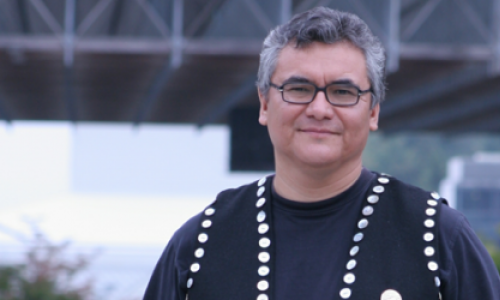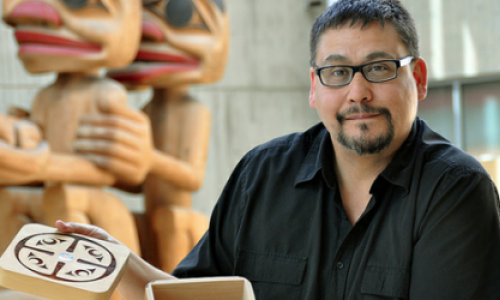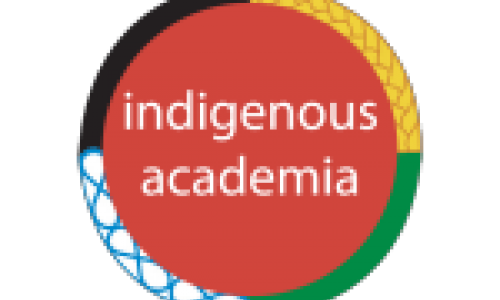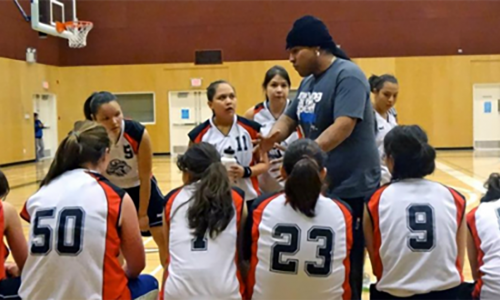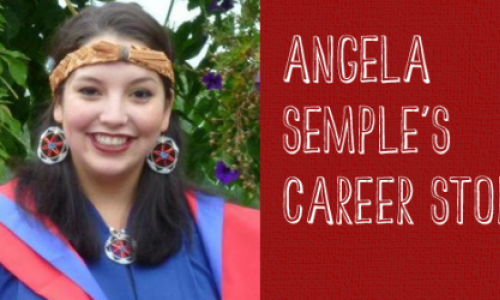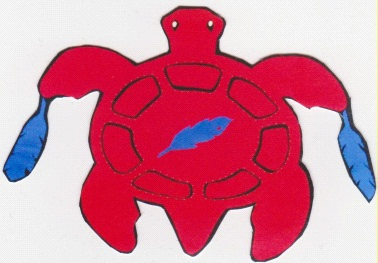
Aineen, Nindizhinokaaz Anishnabe Szquatehsey/ Greetings my Ojibway name is Turtle. My English name is Betsy Bruyere, Indian Residential School numbers 66, 63, 62, 52, 49, 16, and #1. In my Nation, the Turtle is recognized for its gifts to humanity, and for its strength, and wisdom, but that is not why my mother named me Turtle. My mother named me Turtle because I am slow. This is the story of my journey and career in the Canadian work force.
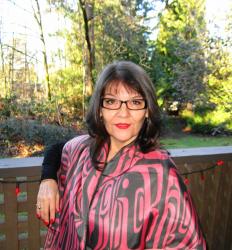
As long as I can remember I have always wanted to know the why of things and as a child would often wake adults in the middle of night demanding that they “tell me why again this happened.” I still ask the why of things in my daily experience of being a life-long learner, and critical thinker. Other terms People have used to describe me are persistent, tenacious, and strong, and I believe that these traits have served me well in my life and work.
There have been many mentors and guides throughout the rough learning curves of my life, but none more notable than my mother. An Indian Residential School Survivor/Warrior, with a grade 6 education my mother was strong and independent and always managed to find work. She even managed to start her own business. I credit my mother for role modelling self-care, altruism, survival skills, work ethics, strength, determination, endurance, and independence. I also appreciate that she fostered my love of books, playing, daydreaming, and learning.
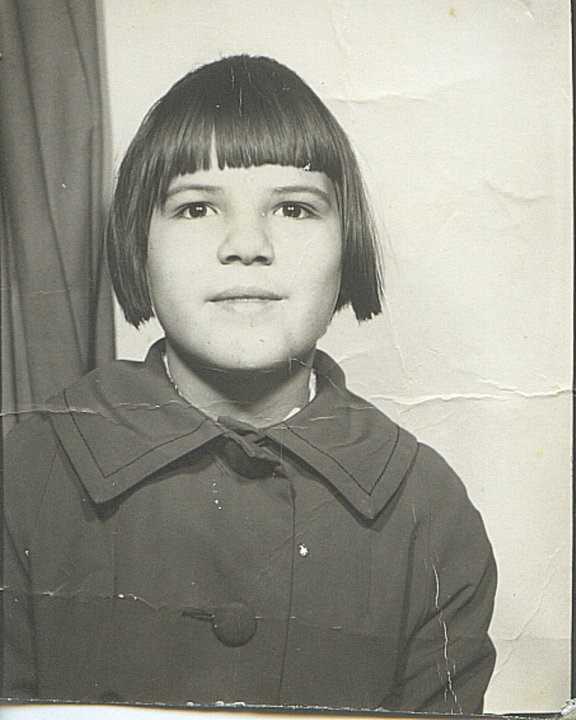
After 7 years of confinement in Indian Residential School and 1 failed year in public school, I decided to get a job, and help my mother out financially. So, at 12 years old I applied for a Social Insurance Number claiming to be 17. When the SIN Card arrived I got my first job at Kentucky Fried Kitchen and thought I’d died and gone to heaven because I started my mid-day with a KFC drumstick and fries and gravy, and got a pay cheque. I earned more money making “tips” than I did wages, and thus began to learn the fine art of “diplomacy”. Who knew that “car-hopping” could so educational?
In the years that followed, and while I raised 3 sons I continued to work in the food service industry until I took advantage of “on the job training” initiatives that were available, and trained to do geriatric care. Back in the day, prospective employers would provide on the job training in exchange for a set amount of years of service. Later I received more training as a “dietary aide” for specialized diets including diabetic, pre and post-op, and banquet meals.
As my children grew I spent time with them by volunteering in some of their daily activities, like reading to school children, being a soccer mom, hardball umpire, and a political advocate. Also, I assisted in creating a Special Olympics Chapter, participated as Board of Director, and started a Petition to have traffic lights installed at a corner where I witnessed a fatality. A lot of volunteer activities, roles, and responsibilities helped develop employability skills as well as provided various employment opportunities.
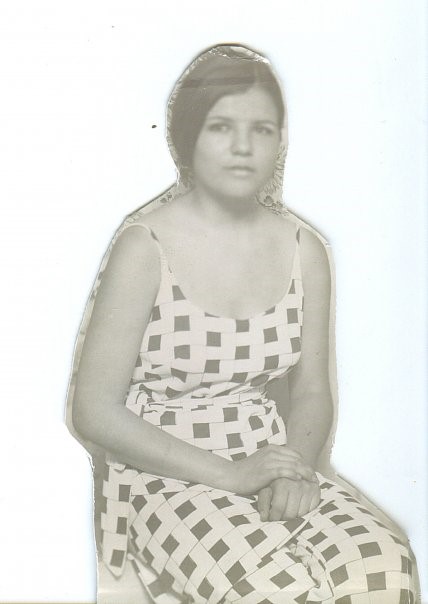
Once my sons were in college, I decided to pursue a “career” of my own, and applied at college as a “mature student.” At first I thought I would enjoy a career in the criminal justice system but realized I was more suited for political studies, and changed disciplines. Later I would change again, and focus on “teaching.” Another major change in my life was my marital status, after eons of marriage I was now single.
Given that I did not come from a wealthy background, I applied for Band Funding to pursue my studies. For the first few years I studied full time, but struggled financially so decided to work full time and study part-time. As I continued my studies in “Aboriginal Education” I also began to acquire work more in that area, and have enjoyed it so much that I have not left that realm, nor do I want to. In 2008, I graduated from Simon Fraser University with a Master of Education.
Throughout my studies and in my Master’s thesis I have maintained that education was once used a tool against Aboriginal Peoples, but in modernity is used as a tool of “empowerment.” This core belief has framed my work so far, and continues to be my guide. My experience in the realms of Aboriginal Education working as a change agent, educator, and advocate have been provocative and challenging at the best and worst of times, but has also been most rewarding. I’ve had my share of failures but I’ve also had an abundance of successes in affecting policy and practise.
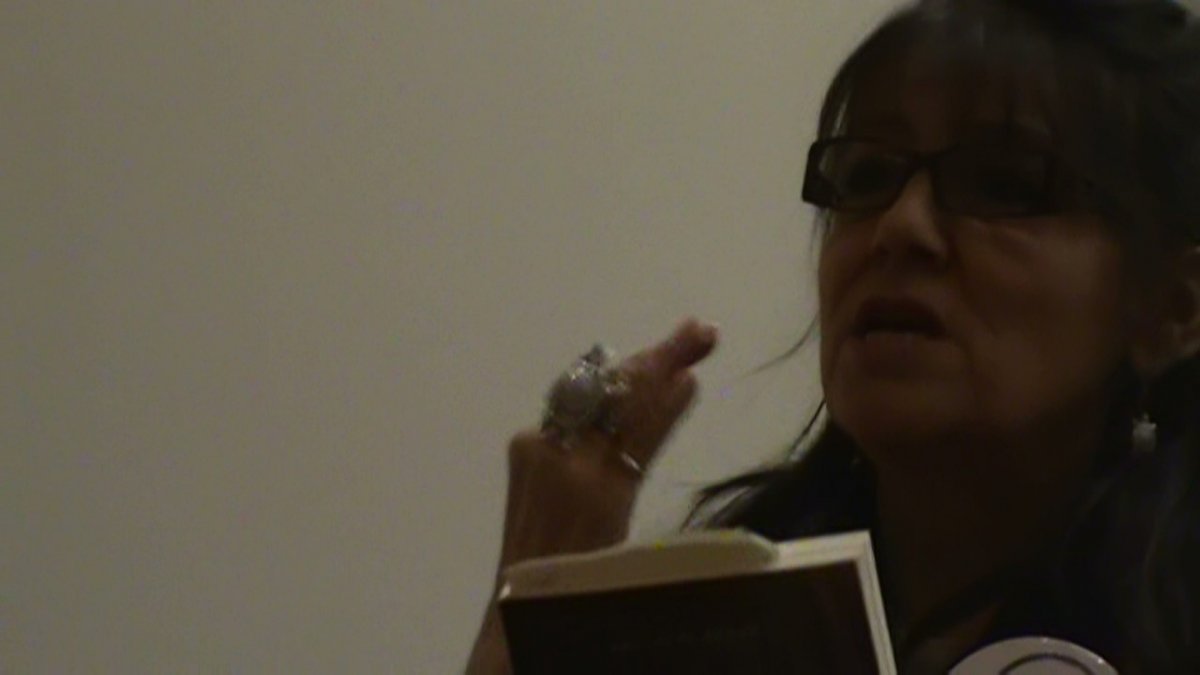
Some of the roles and responsibilities I have had the opportunity and honour to fulfill include teaching teachers, administrators, and staff about the barriers Aboriginal Learners face and identifying ways to address them. I’ve also provided staff “cultural training” for the Canadian Red Cross, AWAN (Aboriginal Women’s Action Network) and other service organizations. My community educational work has focused mainly on anti-racism and addressing violence against Women initiatives. I’ve also worked with Status of Women Vancouver “racialized communities” in providing educational forums to promote peace through education and awareness. I’ve created a Facebook page, the Indian Residential School CART (Critical Analysis and Radical Thought) where Indian Residential School Survivor/Warriors offer support and resources for each other as well as provide community educational workshops and reports on IRSSurvivor/Warrior issues.
Like my mother, I’ve managed to create my own business called Aboriginal Community Equity Services. It is an enterprise I realize I probably will never become rich with, but one I know I will do good work with. Wherever my “career journey” takes me I endeavor to as my mentor, Grave Mirehouse, past President of Native Education College, used to advise “work hard and be kind to others”. This is my story and I’m sticking to it.
Beyond the Blog
-
Visit the Indigenous Student Centre to find resources to assist Indigenous students.









